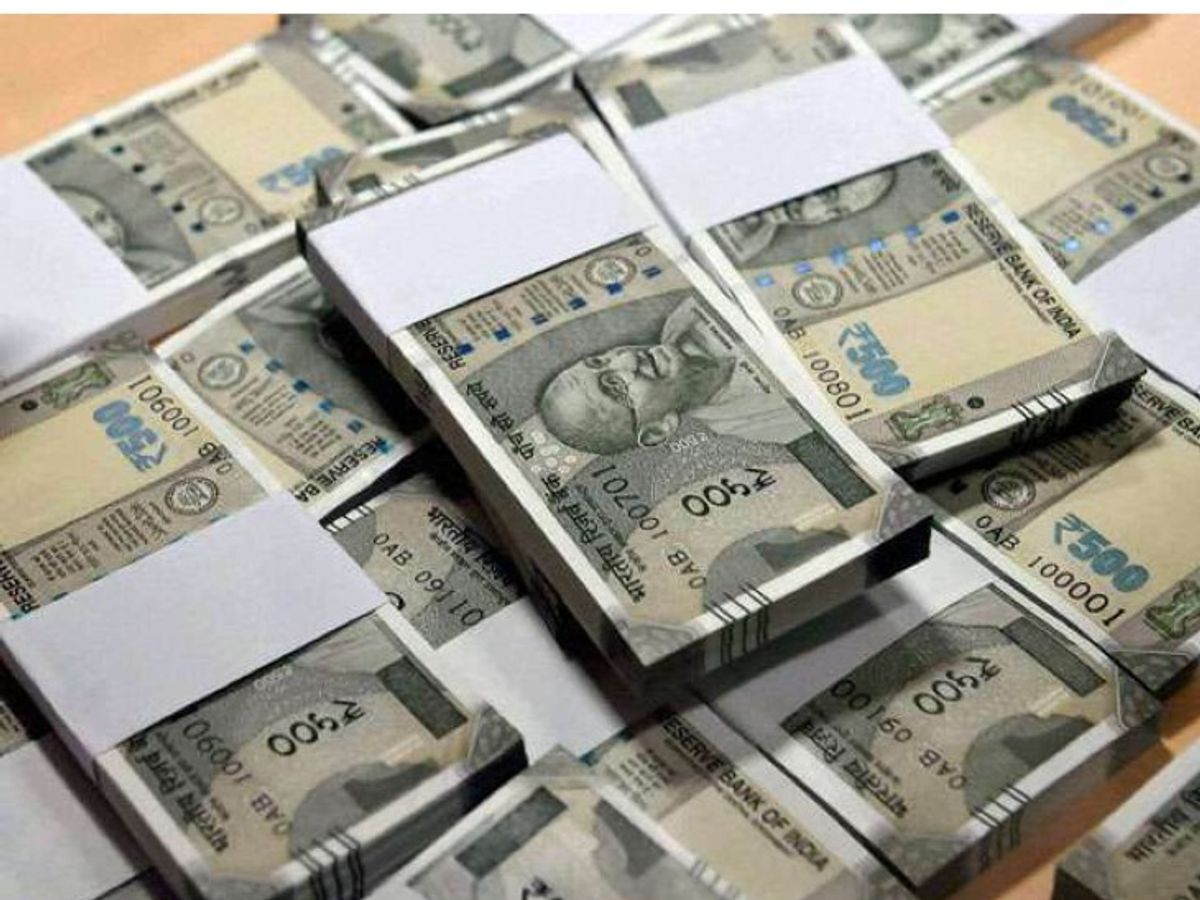Incognito donors?

India's Chief Election Commissioner (CEC) recently wrote a letter to the Union Law Minister, recommending amendments to the Representation of the People (RP) Act to enhance transparency in the political donation system. The CEC basically sought to impose certain restrictions on donations to political parties — including bringing down the threshold up to which anonymous funding is allowed, from Rs 20,000 to Rs 2,000. As the nation inches closer to the 2024 Lok Sabha elections, facing several state assembly polls in the intervening period, the recommendations from the top election conducting body appears to come out of a genuine and pertinent concern. While acting upon the recommendation (or otherwise) is a prerogative of the Central government, a still larger question looms large before the nation — that of political funding through electoral bonds. Ever since the government came up with the electoral bond scheme in 2017, after making a broad range of amendments to existing laws, it has been facing fervent criticism from civil rights organisations. The scheme was introduced to "cleanse the system of political funding in the country." It allows the purchase of any number of bonds at any SBI branch in multiples of Rs 1,000, Rs 10,000, Rs 1 lakhs, Rs 10 lakh and Rs one crore by a KYC-compliant purchaser. After the buyer hands over the physical copy of the bond to political parties, they can encash it through a dedicated account. The main point of contention is the anonymity assured to the person/institution buying the bond. Ironically, contrary to the stated objectives of the scheme, critics say that the scheme could seriously impact the transparency factor. Petitioners even go on to argue that it will lead to "legitimizing electoral corruption at a huge scale" as the donors of the bond cannot be traced while they can donate an unlimited number of bonds. Leading institutions, including the Reserve Bank of India and the Election Commission of India, have also raised apprehensions around the electoral bond scheme. Referring to the amended section 29 of Representation of Peoples Act, which exempted political parties from disclosing the details of contributions made to them through electoral bonds, the ECI termed it as a "retrograde step." A slew of petitions have been filed against the scheme by the Association for Democratic Reforms (ADR), Communist Party of India (Marxist) and Common Cause before the Supreme Court. The timing of the petitions coincided with the conduct of several assembly polls and 2019 general elections. However, sadly, the matter continues to linger on. The Supreme Court, earlier this month, finally agreed to hear the petitions but a bench is yet to be assigned. The apex court's readiness to hear the matter brought a ray of hope for those apprehensive about the scheme. On earlier occasions, the Supreme Court had refused to put a stay on the scheme ahead of several polls. The court's logic was that since the bonds were purchased only by KYC-compliant accounts, the required information will be there with the SBI — which is authorised for the purpose. Also, since the political parties would encash the bonds through a dedicated account, their details can be retrieved with an extra bit of effort. Petitioners have been fighting against the scheme for nearly five years now. As and when the apex court takes up the matter, the onus will be on petitioners to prove their point with conviction. The keywords here are "transparency" and "cleansing" of the political funding system. The scheme was brought into existence with these two terms in focus. Citing the same terms, petitioners are arguing for withdrawal or modification of the scheme. While the right and wrong will be decided on the tenets of law, by the apex court, one thing is clear — Indian electoral funding system awaits a comprehensive overhaul.



